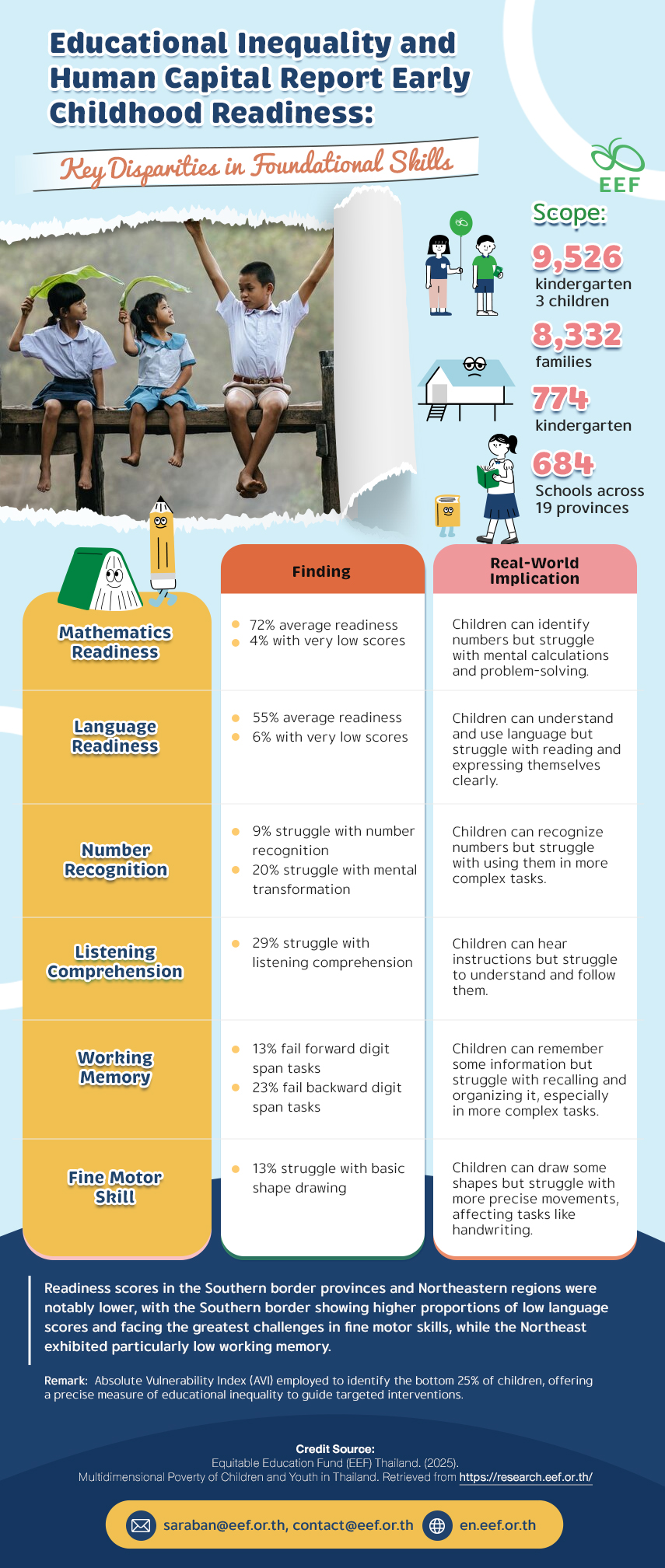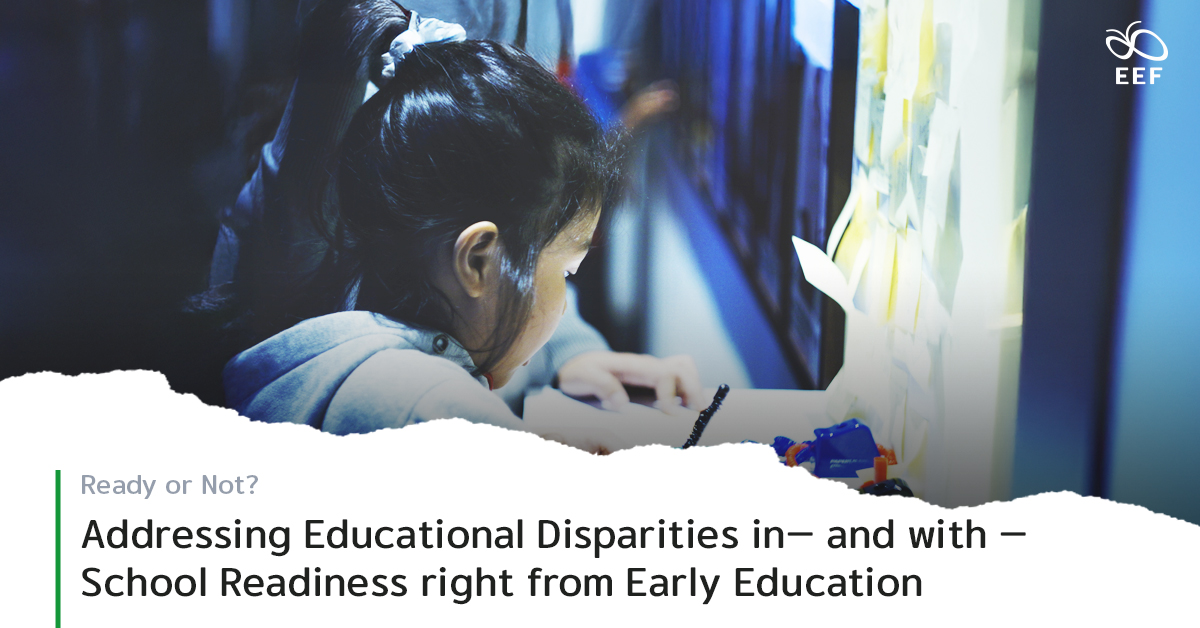
The readiness of children to enter formal education is not merely a reflection of individual development, but also a measure of how well the broader educational frameworks of their communities and countries support this crucial transition. At its heart, “School Readiness” embodies a child’s preparedness to engage with structured learning environments, covering physical well-being, motor skills, social and emotional development, cognitive abilities, language acquisition, and early mathematical skills. These foundational competencies are not only essential for transitioning from play-based learning to formal schooling but also for fostering academic success in areas like listening, speaking, reading, and writing. The responsibility of nurturing this readiness lies not just with schools, but with families and communities, whose support can determine whether children thrive in their educational journey. This early foundation is critical, as it builds the skills and mindset needed not only to navigate academic challenges but also to succeed in an increasingly complex world — ultimately laying the groundwork for “Career Readiness,” a child’s preparedness to enter the workforce. By addressing disparities in school readiness, societies can foster lifelong learning, enhance workforce preparedness, and reduce educational inequalities.
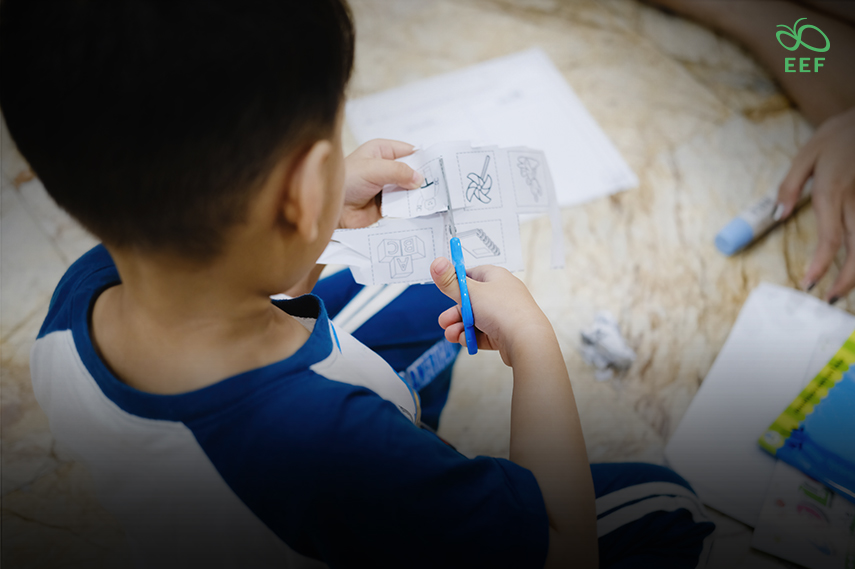
In Thailand, disparities in school readiness remain a pressing challenge. To address this, the Equitable Education Fund (EEF) Thailand, in collaboration with the Research Institute for Policy Evaluation and Design (RIPED) at the University of the Thai Chamber of Commerce (UTCC), has developed the “School Readiness Survey (SRS)” and the “Career Readiness Survey (CRS).” These tools assess early childhood preparedness for primary education and youth readiness for the workforce, respectively, while monitoring the educational progress of children, youth, and new-generation workers at the provincial level. Aligned with Sustainable Development Goal 4 (SDG4), these surveys incorporate key indicators to ensure a comprehensive, data-driven approach to addressing educational disparities. The assessment framework integrates various national and global benchmarks, including Thailand’s SDG4 metrics, the 20-Year National Education Plan (2017–2036), the Human Achievement Index (HAI) 2019, and the Information System for Equitable Education (iSEE). By encompassing enrolment rates, national curriculum benchmarks, and socio-economic factors, this initiative provides a holistic evaluation of school readiness, ensuring that interventions are both targeted and effective.
Initial findings from the School Readiness Survey indicated improvements in educational access but persistent challenges in quality, with national O-Net scores remaining below 50% and PISA rankings trailing behind neighboring countries. Recognizing the need for a deeper and more detailed assessment, the Measuring Early Learning and Quality and Outcomes (MELQO) tool was integrated into the study in 2019, focusing on five Thai provinces. This expanded evaluation highlighted key challenges among Thai preschool children, particularly in number recognition, listening comprehension, working memory, and fine motor skills. These findings culminated in the Educational Inequality and Human Capital Report, which underscored the urgency of addressing early childhood readiness disparities in Thailand.
Educational Inequality and Human Capital Report
Early Childhood Readiness: Key Disparities in Foundational Skills
A significant number of kindergarten 3 children in Thailand remain unprepared for entry into the educational system across several key areas, such as number recognition, listening comprehension, working memory, and fine motor skills. These disparities are particularly evident in the Southern border provinces and Northeastern regions, where school readiness levels are notably lower. This stark contrast highlights the urgent need for targeted interventions to address the underlying causes of these challenges, from socio-economic inequalities to gaps in early childhood education infrastructure. By focusing on these root causes, we can ensure equitable access to quality education, particularly for children in vulnerable regions.
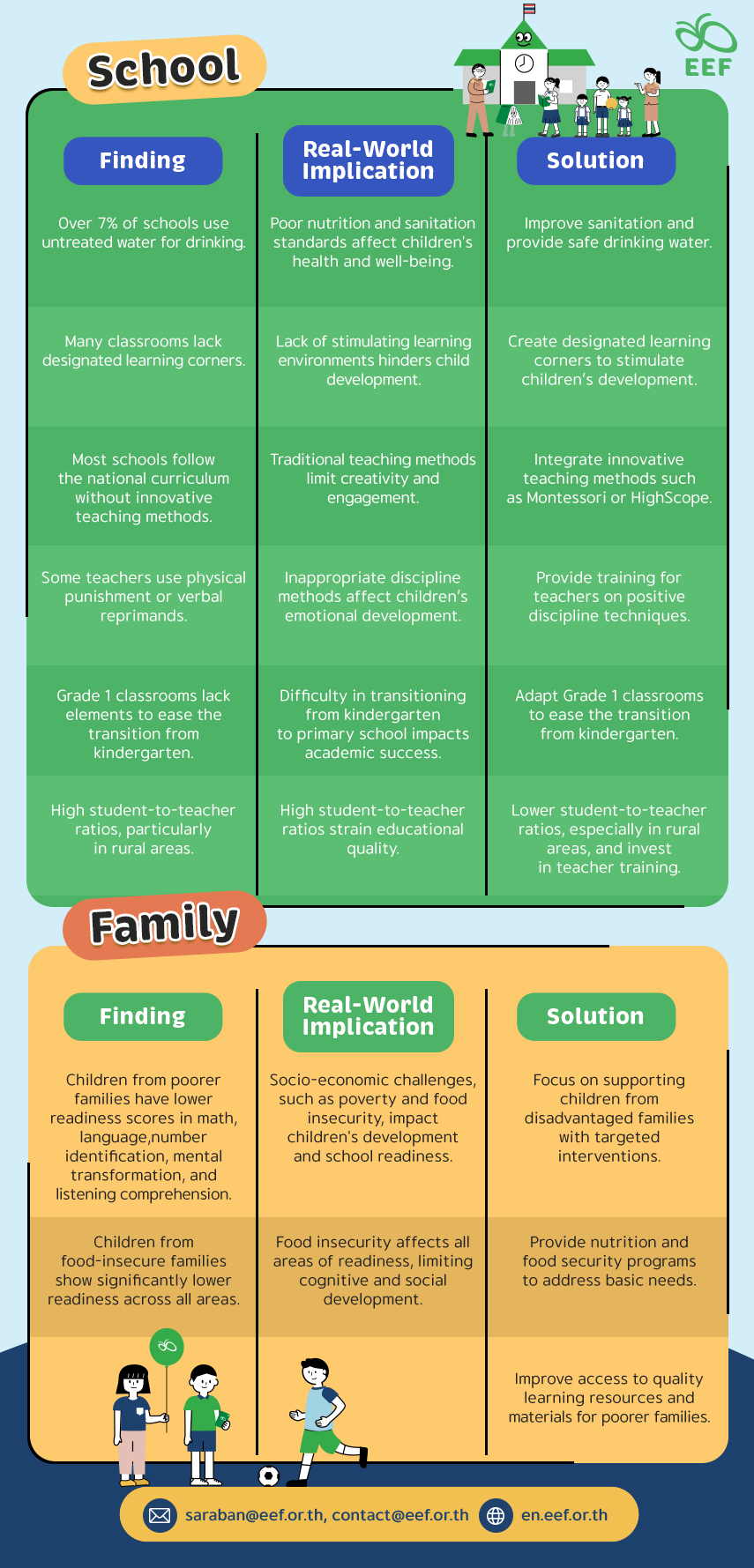
The School Readiness Survey has had a profound impact on shaping educational policies by offering critical insights into developmental readiness, highlighting key areas for improvement, such as foundational mathematics, mental transformation, and language development. Even when children meet the set standards, the survey reveals that challenges remain, emphasizing the need for continuous efforts to enhance teaching methodologies and learning environments. Developed by the Equitable Education Research Institute (EEFI), the survey serves as a pivotal tool in evaluating young children’s preparedness for formal education, assessing cognitive skills, social and emotional development, and physical readiness. It provides a comprehensive database of child readiness across Thailand’s 77 provinces, offering valuable data to inform policy and guide interventions.
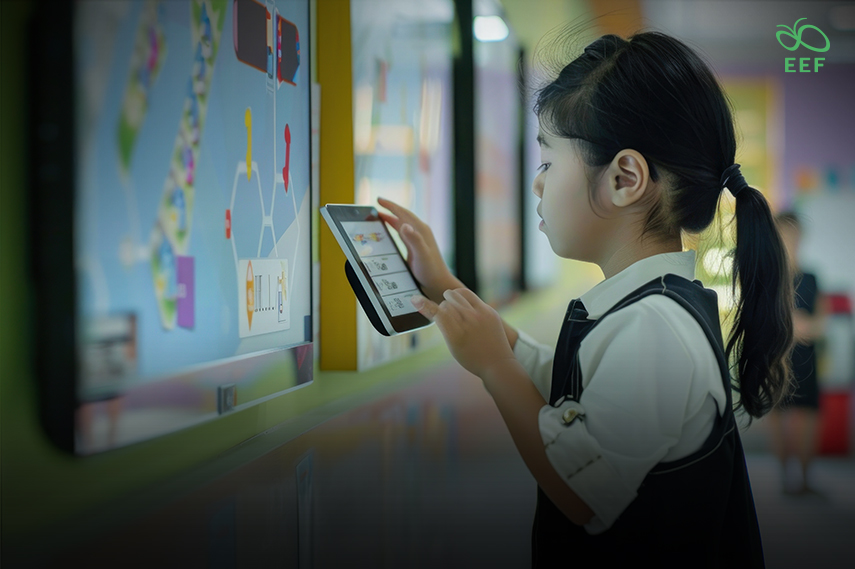
The insights derived from this assessment underscore the urgency of reforming early childhood education. Moving beyond rote memorization, fostering critical thinking, and enhancing problem-solving skills are now imperative. By prioritizing cognitive processes such as mental transformation, listening comprehension, and language development, the initiative promotes a holistic approach to learning. Such a shift in teaching practices is crucial for empowering children to thrive in classrooms and evolve into independent, creative thinkers. These data-driven policy decisions will shape transformative changes in educational practices, ensuring that every child — regardless of background — is equipped with the foundational skills needed to succeed. Ultimately, the goal is to nurture a generation of learners who are not only academically proficient but also capable of navigating an increasingly complex world with confidence and adaptability.
All For Education is all about people; only when all is in for education is Education For All. Join the movement to reduce educational inequality. Support the EEF by donating to fund research, partnerships, and assistance for children, youth, and adults in need of educational support. Click the link to contribute today and help create a society where education is open and equal for all. Together, we can make a lasting impact.

